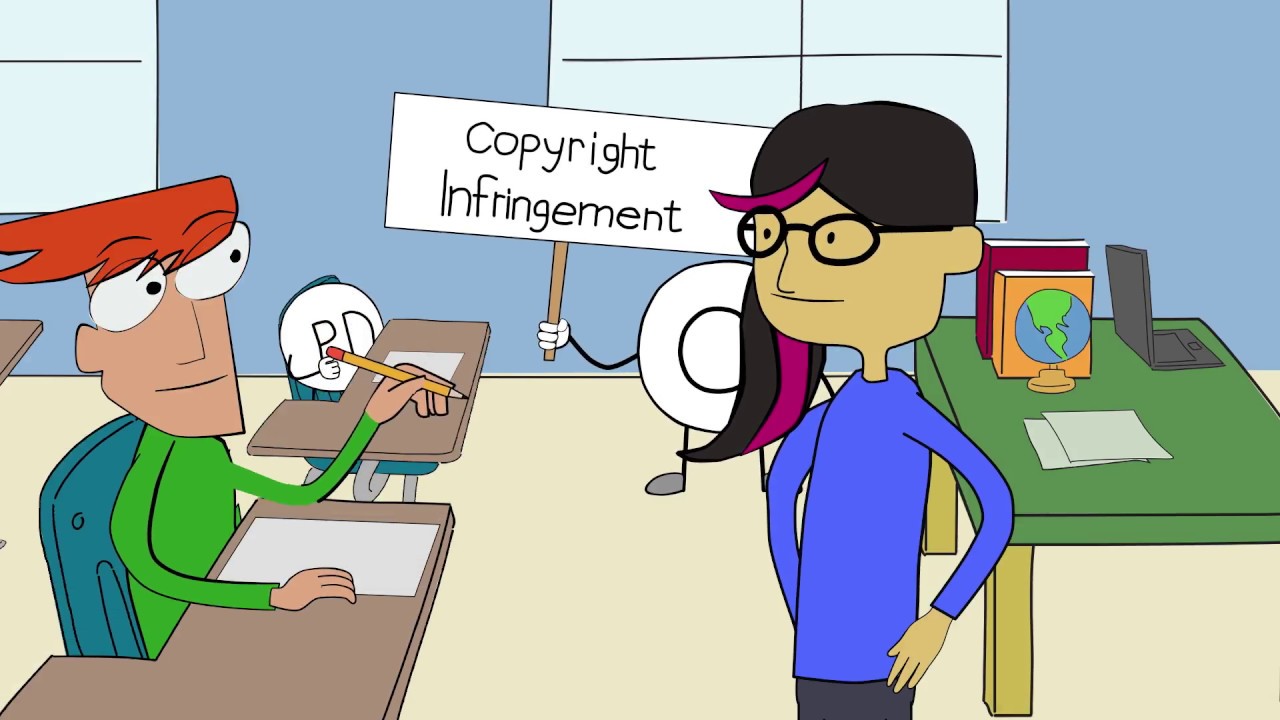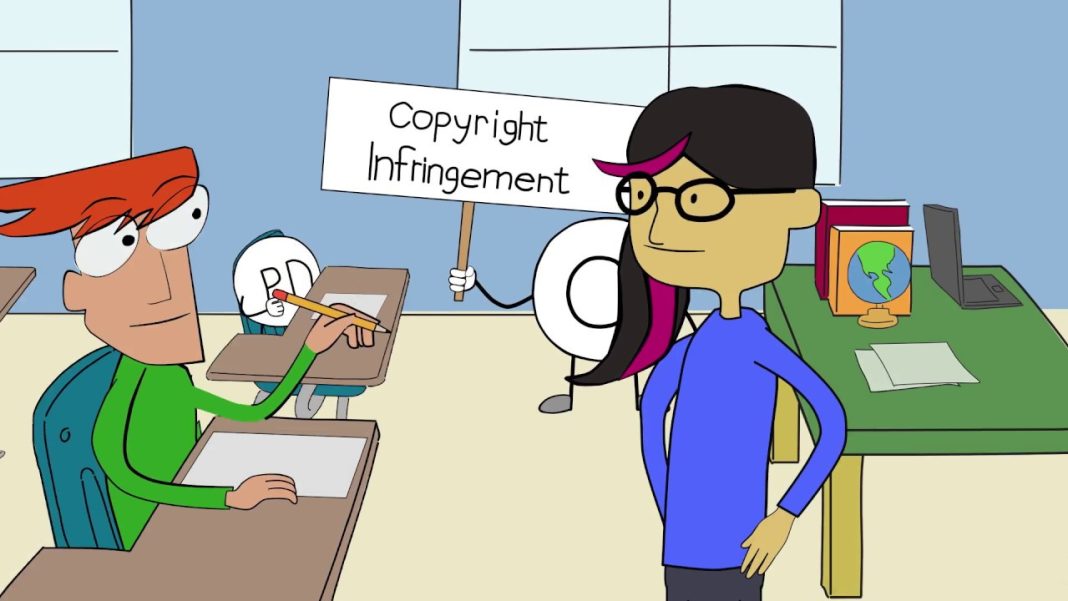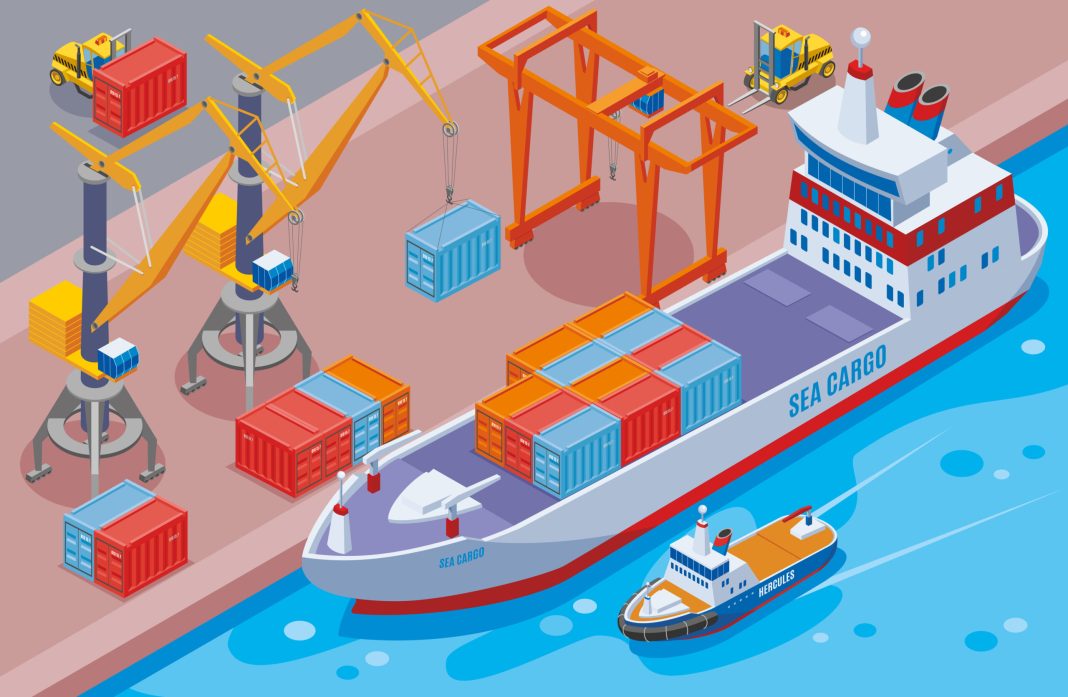 Two octogenarian friends, Nicholas Gage and Nicholas Basbanes, have discovered that their work may have been stolen and repurposed by the artificial intelligence chatbot, ChatGPT. Gage, known for his bestselling memoir and Basbanes, a respected author on literary culture, have decided to take legal action against OpenAI and Microsoft, the companies behind the chatbot. They allege that their copyrighted work has been systematically pilfered without permission or compensation.
Two octogenarian friends, Nicholas Gage and Nicholas Basbanes, have discovered that their work may have been stolen and repurposed by the artificial intelligence chatbot, ChatGPT. Gage, known for his bestselling memoir and Basbanes, a respected author on literary culture, have decided to take legal action against OpenAI and Microsoft, the companies behind the chatbot. They allege that their copyrighted work has been systematically pilfered without permission or compensation.
Their lawsuit has merged with a larger case seeking class-action status, led by notable authors such as John Grisham, Jodi Picoult, and George R. R. Martin. These cases share a common claim that OpenAI, with the support of Microsoft’s resources, ingested vast amounts of human writings to train AI chatbots to produce human-like text passages. The companies are accused of disregarding copyright laws and profiting from the misappropriation of creators’ work.
OpenAI and Microsoft have been fighting these allegations both in court and publicly. Mustafa Suleyman, the CEO of Microsoft’s AI division, defended industry practices at the Aspen Ideas Festival, stating that training AI systems with content from the open internet falls under the “fair use” doctrine. However, when content creators explicitly state that their work should not be scraped, it becomes a gray area that will likely be resolved through legal proceedings.
While these cases are still ongoing and scheduled to continue into 2025, professionals who feel threatened by AI practices have attempted to secure private agreements with technology companies to license their archives. Others, like Frank Pine, executive editor of MediaNews Group, argue that AI cannot replace the real work done by journalists and researchers who go out into the world to interview people and gather information.
For Gage and Basbanes, their lawsuit has become part of a consolidated case involving nonfiction and fiction writers represented by the Authors Guild. Although they may not be witnesses in the upcoming trial, they believe it is crucial to take a stand for the future of their craft.
Gage, driven by personal tragedy and a quest for justice, pursued his writing career with determination. Basbanes, having admired Gage’s work, established a lasting friendship that spans over four decades. Both authors understand the value of their intellectual property and the importance of being fairly compensated for their efforts.
Gage’s concern lies in the potential impact of AI chatbots like ChatGPT on the industry. He worries that publications will decline, newspapers will disappear, and talented young individuals will shy away from pursuing writing careers. The stakes are high, and finding a solution to protect the integrity of original work is crucial.
In conclusion, Gage and Basbanes, along with other authors, are fighting against AI companies that they believe have misappropriated their work. They seek fair compensation and protection for their intellectual property. The outcome of these cases will not only affect the livelihoods of creators but also shape the future of the written word and journalism as a whole.


